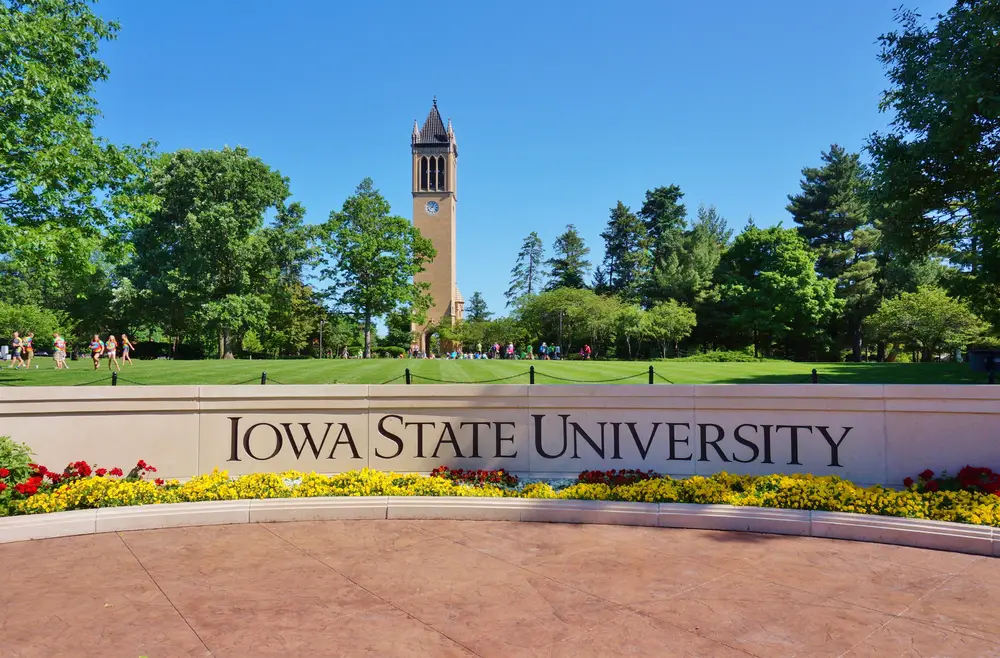Iowa State University (ISU) has received a $16 million grant from the National Science Foundation for a project to bring down the cost of delivering broadband to rural communities.
The project, called ARA: Wireless Living Lab for Smart and Connected Rural Communities, will be established in the city of Ames and surrounding rural communities in Central Iowa. It will create a programmable infrastructure that will feature several wireless technologies and an application focused on precision agriculture.
Precision agriculture refers to the capacity of rural communities to maximize profitability and crop yields through the use of technology.
President of ISU, Wendy Wintersteen, highlighted the importance of rural broadband and wireless technologies in “creating opportunities for families, schools, farms, and communities across the state” in a university press release.
“This is what Iowa State University’s land-grant mission is all about — bringing to bear our research and innovation to meet the needs of Iowans,” Wintersteen said.
The university will be working on this project alongside Collins Aerospace, John Deere, US Cellular, the Iowa Department of Transportation, and others.
Connecting Rural Communities, Enhancing Agricultural Possibilities
More than 19 million people or six percent of Americans, do not have access to high-speed internet, according to the Federal Communications Commission. These people, mostly in rural areas, are at a significant educational and career disadvantage.
Hongwei Zhang, a professor in the ISU Department of Electrical and Computer Engineering spearheading the project, pointed out how ARA would allow field research studies that would greatly benefit rural regions.
“ARA enables research in end-to-end broadband infrastructures for rural and remote areas, and it features high-performance, programmable platforms in wireless access, wireless backhaul, and edge and cloud,” Hongwei said.
“By supporting fundamental communication services such as ultra-reliable, low-latency communications, ARA enables field research studies such as tele-operations of vehicles or drones, that are of interest to rural and urban regions but are difficult to conduct in urban settings in early stages of the exploration.”



